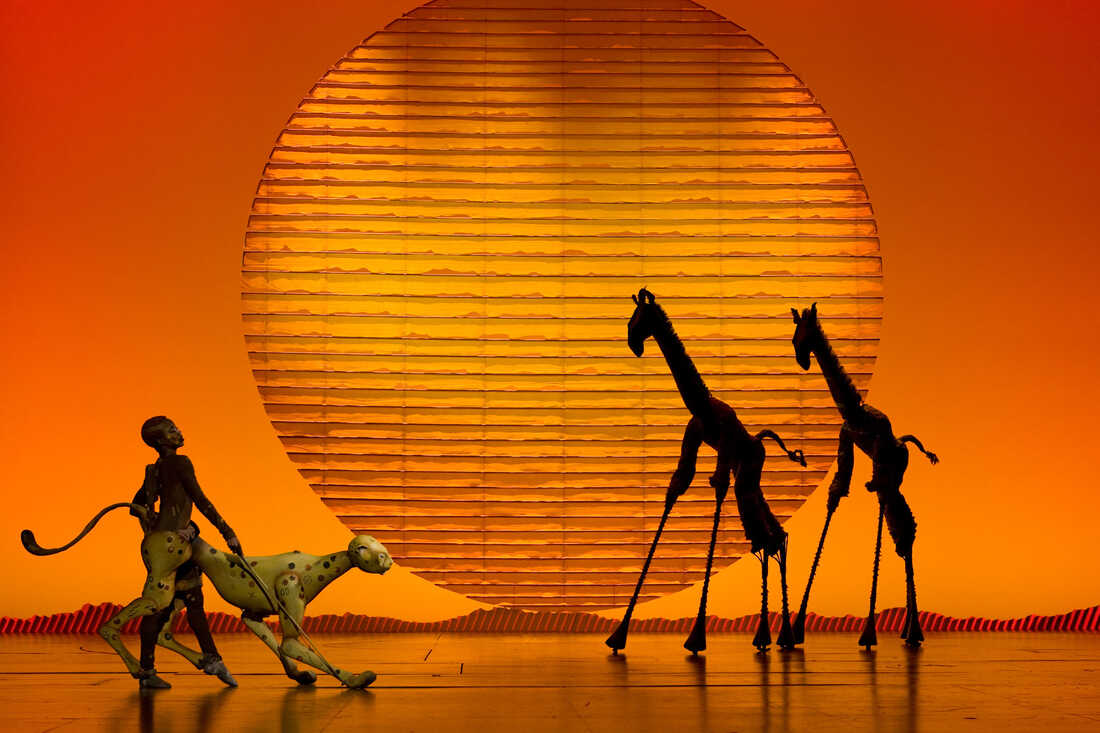What led you to study Dramaturgy and Dramatic Criticism at Yale? Was it always something you were interested in?
Funnily enough, I had no clue what dramaturgy was until I started my graduate school application process. I was really interested in studying performance, but wanted to do so in an environment that encouraged research and collaboration. (I promise this is not DGSD sponsored content!) Somehow, dramaturgy came up on my radar, and here we are. This is not related to your original question, but I’m also thinking about how the awareness of dramaturgy as a practice has increased since 2019 when I started my MFA. When I was looking up “dramaturgy” online in 2019, it was nearly impossible to find anything useful. Shout out to Succession for spreading awareness, I suppose.
What kind of theater speaks to you?
Some favorite artists: Jackie Sibblies Drury, Jeremy O. Harris, Branden Jacobs Jenkins, debbie tucker green. And, to prove I do not discriminate against two-part names, let’s add Charles Mee, Aimé Césaire, and Aleshea Harris to this list. I like plays that challenge me as a reader. Reading is imaginative work.
I like incongruity. I like physicality on stage. I like plays where it’s clear the people who made them were having fun. I like difficult language—to a point. I like theater that’s trying to reflect on itself—also to a point. I love dance. And on that note, I still believe The Lion King is the epitome of Theatre™️, so I tip my hat to Old Will for writing Hamlet. (Will and I are working on our relationship.) I won’t get too deep into my Lion King lore, but as a person with an African parent, watching The Lion King was a life-changing experience for me. And, now that I think about it, it’s one of the few, if not only, plays set in Africa where intergenerational healing takes place!
Last but not least, I have a soft spot in my heart for the work my grad school peers created. Their plays were, and are, vulnerable and delightful and strange and truthful. I am grateful to have seen them.
(Okay, actual last thought is that Beyoncé’s Renaissance Tour was the most important theatrical event of 2023.)
The Civilians creates investigative theater – why is the research process important to you?
I think nearly everything human beings do is referential, so our art is only as good as our references. Research creates new reference points based on people, places, histories, etc., outside of ourselves which enriches our thought patterns and our theatermaking. I like the idea of research too because, despite all odds, I still believe in the idea of truth as something that is, if not objectively fixed somewhere, a process or verb we can engage in by doing research. Truth is worth (re)searching for! I remember having the thought one day that if you talked to everyone that ever lived, you would know everything that happened on this planet, which is a mind-boggling thought, but in a way, research is just that: opening conversations in an attempt to understand. Curiosity softens us, makes us question our assumptions. In that sense, research is the act of interest in other perspectives and an act of humility–two qualities we could all stand to develop.
Reading is imaginative work.
What is your vision for Extended Play under your leadership?
Extended Play, in my dream world, functions as a space for emerging BIPOC writers. It’s really important that writers of color feel like they have room to develop their voice and their ideas. The biggest goal, though, is to have Extended Play exist as a place for people to think through the pressing issues in our field, most notably the challenges we face within this late-capitalist stage and the subsequent possibilities available to us. I hope that Extend Play will keep being a place where theater artists and “civilians” alike can be inspired by the artistic research that’s happening in the world and use that information to make a difference in both their practice and their communities.
What do you do beyond your work as a dramaturg and essayist? Are you a theater artist yourself?
I’m not partial to labels, so I consider myself an artist who has, for the past few years, been engaged in dramaturgy and essay writing as her primary mediums. I have directed a little bit and dabbled in physical theater, but what I will do beyond that remains to be seen. Which is exciting!
Extended Play is a project of The Civilians. To learn more about The Civilians and to access exclusive discounts to shows, visit us and join our email list at TheCivilians.org
Authors
-
-

Faith Zamblé is a writer, culture worker, and artist at large, originally from Waukegan, IL.
View all posts -

Phoebe Corde (she/her) is a dramaturg, writer, and illustrator from Westport, Connecticut, specializing in stories of the strange, magical, and otherworldly. She is currently Resident Dramaturg at The Civilians, where she is director of their artistic development group, the R&D Group, and is a member of the creative board of directors at Off-Brand Opera. Her dramaturgical work has been seen on Broadway and Off-Broadway stages, including The Public Theater, Vineyard Theatre, A.R.T., Paper Mill Playhouse, Oregon Shakespeare Festival, Ensemble Studio Theatre, and 59E59.
View all posts









